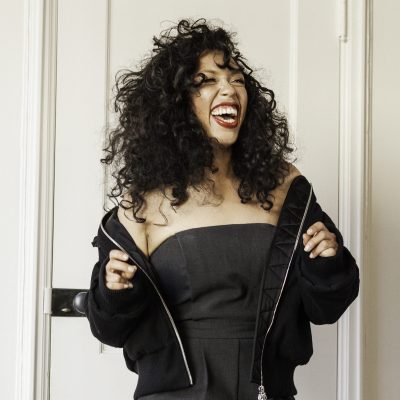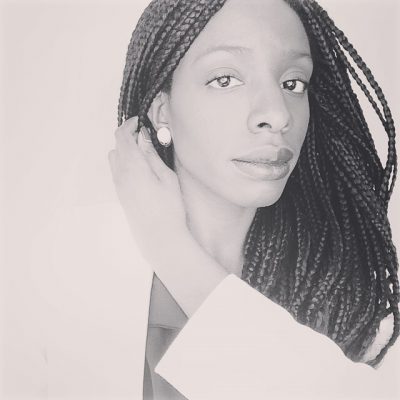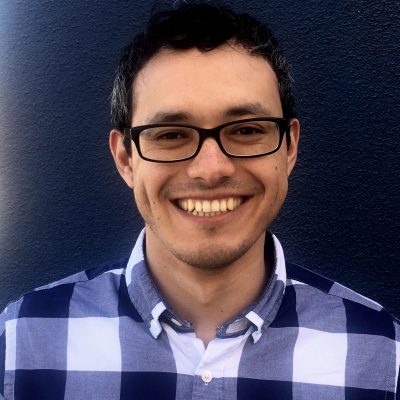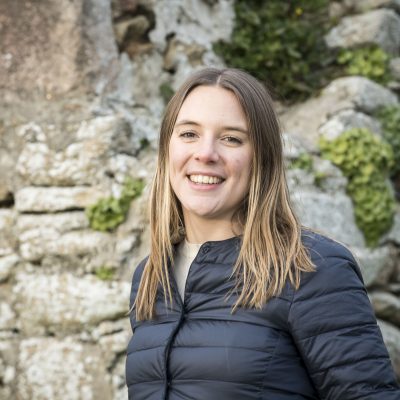Article
Until the age of seven, Aisha Fukushima grew up between Seattle, Washington, and Yokohama, Japan. During those years her parents ran a musical booking agency, arranging tours in Japan for legendary artists and Aisha witnessed firsthand the power of music as a universal language to connect and unify people.
To Aisha, “each concert felt like an impromptu social movement spurred by beats and breaks. Early on, this hipped me to the ways in which music and the arts can serve as a platform to foster mutual understanding and social change.”
After her parents separated and moved Aisha more permanently to the Pacific Northwest, she gained new awarenesses around discrimination. “I can still recall many of my classmates sneering at my bento boxes during lunchtime and telling racist jokes during our history lessons. When I would speak up about the discrimination in my school I was often met with vitriolic debate from classmates and teachers alike.” She began writing spoken word poetry. On performing for the first time, “I could barely stand to look up from the printed sheet that I clenched between my clammy fingers. When I finished performing the poem, the class erupted into an enthusiastic standing ovation. Suddenly they could hear me and empathize.”
Humanity in Action served as a key launching point for the global connectivity of Aisha’s activism. Once Aisha joined Humanity in Action it catapulted her ahead into her passion for building global solidarity movements between interrelated issues—particularly in the fields of human rights and intersectional understandings of racial justice.
Being part of the Fellowship immersed Aisha into an international community of diverse, dynamic and creative leaders with shared goals who were willing to compassionately challenge each other through dialogue and collaboration.

These experiences—combined with her early life lessons—set Aisha on a lifelong journey to leverage the power of music to inspire social change. Aisha started community organizing at the age of 15 and has not stopped since. Her first project was called “Turn Off The Stereotypes.” It brought activist artists together with non-profit organizations such as the ACLU to create free arts-based workshops promoting equity and inclusion in her local community of Bellevue, Washington. Later as a student leader at Whitman College, Aisha used her creative talents to help build a grassroots movement to start a symposium on racism. It garnered national headlines after deep racist schisms tore at the threads of her vibrant campus community. Aisha also kicked off Whitman’s number one band, the RAPtivists, which was known for creating social justice-minded versions of classic hip-hop songs. Nearing graduation, Aisha had a vision that she wanted to expand her cultural activism work to a global scale in a way that connected her international roots.
“I am very interested in studying varying ideas of freedom and liberation so as to get closer to this vision of what the utopia I’m trying to help build might look like.”

Aisha has found supporters, inspiration and friendship in her Humanity in Action Fellowship. “Through the powerful programming that Humanity in Action curates, as Fellows we have been able to challenge as well as enrich each other’s ideas in a way that I think helps deepen our frameworks for creating change in the world. Humanity in Action has been both an incubator and a connector for me to a broader committed global community dedicated to social justice and movement building.”




